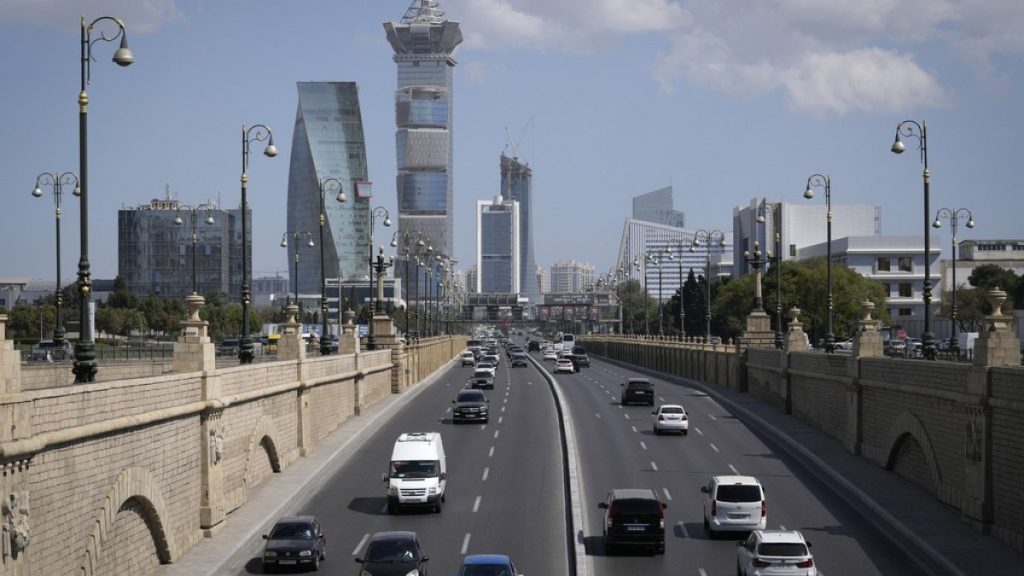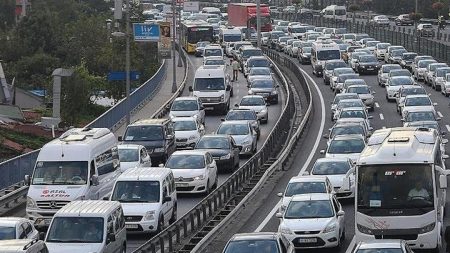European governments have promised to continue paying their share of an annual $100bn to help developing countries cope with climate change ahead of the upcoming UN climate talks, COP29, in Baku, Azerbaijan. EU finance ministers reaffirmed their commitment to helping countries affected by climate breakdown and pledged constructive engagement in the talks. The ministers expressed concern about 2023 being the warmest year on record and global average temperatures being 1.45°C above pre-industrial levels, with records set for ocean heat, rising sea levels, and receding glaciers. Developed countries, including EU member states, were supposed to increase funding for climate action in developing countries to $100 billion a year by 2020 but only reached this target in 2022. The COP29 talks are expected to involve heated debates on a new post-2025 climate finance target, with some parties, such as the EU, calling for more countries to contribute, including major polluter China.
Greenpeace criticized European governments for failing to hold the fossil fuel industry accountable for the climate crisis, while extreme climate events continue to impact countries worldwide. The organization called on governments and the EU to make polluters pay for the damage they cause and push for increased finance and taxes on major polluters during the COP29 talks. Climate Action Network estimates that developing countries need approximately $1 trillion annually in transfers from wealthier countries to address the effects of climate change. EU negotiators are urged to advocate for increased finance and accountability for major polluters during the Baku talks, scheduled to begin on 11 November. Minsters responsible for environment and climate policy will adopt the EU’s overall position for COP29 during a meeting on 14 October.
Despite missing the 2020 target for $100 billion in annual funding for climate action in developing countries, European governments are committed to continuing their contributions. The EU budget, European Development Fund, and European Investment Bank have played a significant role in reaching the $116 billion total in 2022, with the EU specifically contributing a quarter of the amount. As the world faces the impacts of climate breakdown, such as record-breaking temperatures and extreme weather events, the need for global action and financial support for developing nations becomes increasingly urgent. The upcoming COP29 talks will focus on setting new climate finance targets beyond 2025 and ensuring that all countries, including major polluters, contribute their fair share.
The European Union, along with other developed countries, will engage in discussions at COP29 to determine the ‘new collective quantified goal on climate finance’ post-2025. Calls for greater financial contributions and accountability from industrial powerhouses like China highlight the need for a global effort to address climate change. Greenpeace’s criticism of European governments for not holding the fossil fuel industry accountable resonates with the broader call for polluters to pay for their contribution to the climate crisis. The current funding gap between developed and developing countries, estimated at $1 trillion annually, underscores the crucial role that wealthier nations must play in supporting vulnerable regions. By advocating for increased finance and taxes on major polluters during the COP29 talks, EU negotiators can make strides towards a more equitable and sustainable global response to climate change.
As ministers responsible for environment and climate policy prepare to adopt the EU’s position for COP29, the focus remains on ensuring that financial commitments and accountability measures are in place to address climate change. The urgency of the climate crisis, as evidenced by record temperatures and extreme weather events, underscores the need for swift and decisive action at the international level. The European Union’s commitment to continuing its contributions to climate finance demonstrates a recognition of the global responsibility to support developing countries in their efforts to adapt and mitigate the impacts of climate change. By pushing for increased finance and holding major polluters accountable, the EU can play a leading role in advancing climate action and fostering a more sustainable future for all nations. The upcoming COP29 talks present an opportunity for world leaders to come together and forge a path towards a more resilient and equitable global response to the climate crisis.















